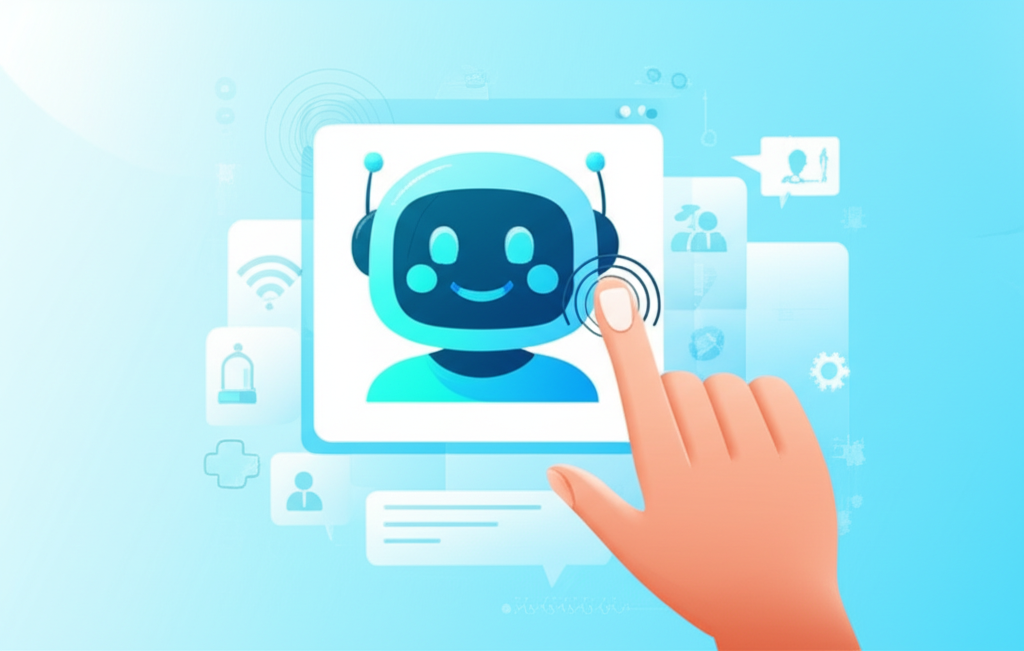Building Customer Support That Scales: AI Agent Implementation Guide

Phase 1: Foundation and Assessment
Before implementing AI agents, conduct a thorough assessment of your current support processes. Identify the most common inquiries, peak support times, and areas where customers experience the most friction. This data will inform your AI agent's initial training and deployment strategy.
Key Highlights
Phase 2: AI Agent Training and Knowledge Base Development
Your AI agent is only as good as the knowledge it's trained on. Develop comprehensive knowledge bases that include not just FAQs, but also context-aware responses, escalation protocols, and brand voice guidelines. Train your AI on real customer interactions to ensure natural, helpful responses.
Key Highlights
Phase 3: Seamless Human-AI Handoffs
The key to successful AI customer support is knowing when to involve humans. Implement intelligent routing that recognizes complex issues, emotional situations, or high-value customers that require human attention. Ensure smooth handoffs that don't require customers to repeat information.
Key Highlights
Phase 4: Continuous Learning and Optimization
AI agents should continuously improve through machine learning and feedback loops. Implement systems that learn from successful resolutions, customer feedback, and human agent corrections. Regular analysis of conversation logs helps identify areas for improvement.
Key Highlights
Measuring Success: Key Performance Indicators
Track metrics that matter: first contact resolution rates, customer satisfaction scores, average response times, and escalation rates. Also monitor agent efficiency gains and cost per resolution to understand the full impact of your AI implementation.
Key Highlights
Conclusion
Successful AI customer support implementation is about augmenting human capabilities, not replacing them. When done right, AI agents handle routine inquiries efficiently while freeing human agents to focus on complex, high-value interactions that require empathy and creative problem-solving.